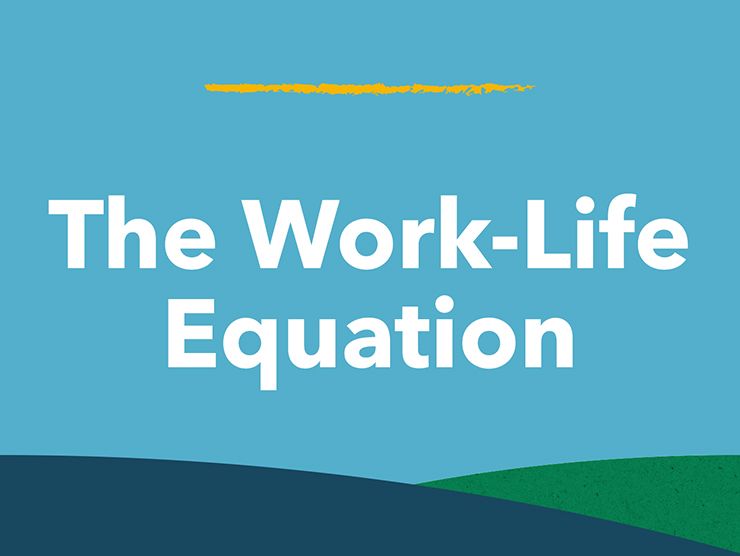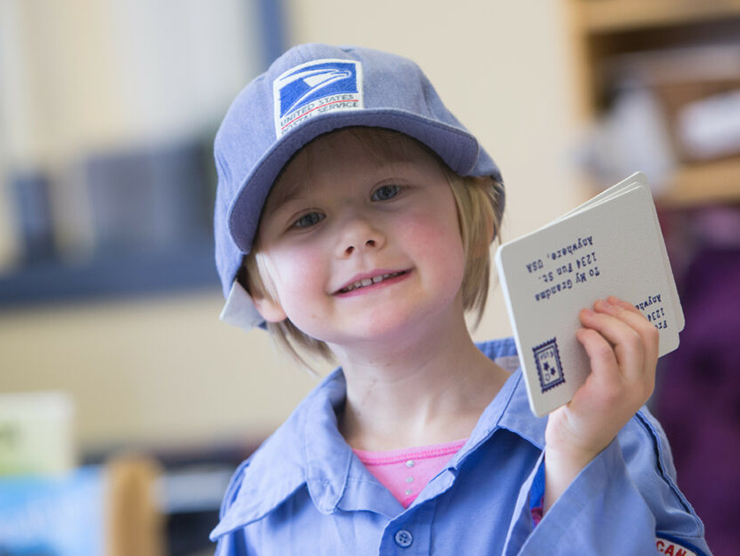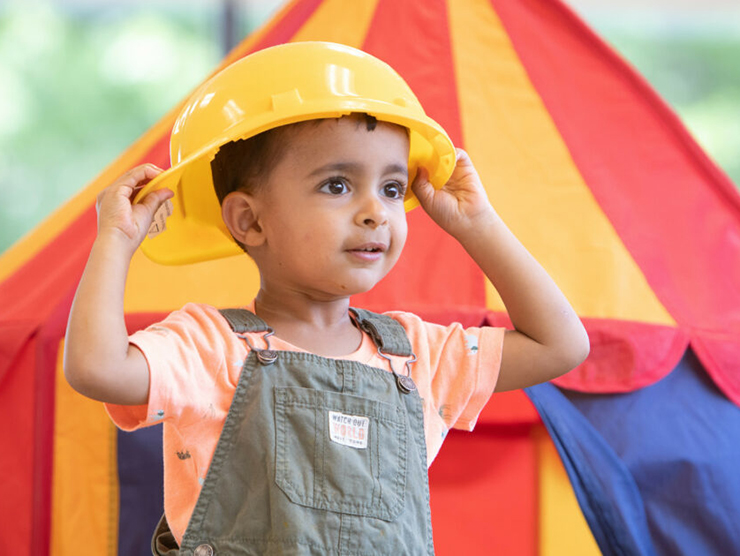Teachers are often surprised to find out that parents in professional careers can be insecure or uncomfortable when it comes to talking about their child. Even parents with post-graduate education in child development often have feelings of anxiety and insecurity when communicating with teachers about their own children. So how can parents develop a positive parent-teacher relationship in order to work together for the success of your child?
Tips for Building Positive Parent-Teacher Relationships
- Accept that there is no right way to raise children. Children are complicated, and sharing love and responsibility for the same human being can be difficult.
- Relax and don't "sweat the small stuff." Many of the small issues are far less important than the big issue: a positive relationship between the family and child care, preschool or school.
- Realize that some good teachers relate well to children and feel less confident communicating with parents and adults.
- Build a relationship with your child's teacher by introducing yourself, participating in the classroom if you have time (or showing your support any way you can), and initiating regular contact.
- Take advantage of the opportunity to have a parent-teacher conference. Give some thought to what you want to discuss with your child's teacher. If you want to discuss specific information, let the teacher know ahead of time so that he or she can be prepared.
- Understand that we often worry about what our children learn while many teachers are more concerned with how they learn. We may tend to focus on the products of our children's work, while these good teachers often focus on the process of how the children learn.
- Practice good parent-teacher communication by addressing any important issues or concerns as they arise. Good teachers want to know what we are thinking and feeling, and waiting can make the situation worse.
- Respect teachers by not confronting them in front of the children. Set up a mutually convenient time to talk.
- Control your annoyance or anger. Sometimes, we get angry before we really know the facts about what is happening. Assume the teachers goodwill and shared interest in the child's success.
- Always try to show teacher appreciation for the efforts of your child's teacher. We probably wouldn't last long caring for eight to ten toddlers or twenty to thirty second graders (or pleasing families with different cultures, backgrounds, and views who are all passionately concerned about their child's experience).
Remember, teachers usually welcome healthy parent-teacher communication because it gives them a better understanding of their students. Parents have the right to expect updates from their children's teachers and timely notification of academic issues or other problems. Good communication is the key to a successful parent-teacher relationship. Parents and teachers share responsibility for the education and socialization of children. We can help to prevent and resolve the differences that may arise by using constructive communication, respect, grace, and a good sense of humor.
With the child as the motivation for positive parent-teacher conversations, "dialogues develop out of a growing trust, a mutuality of concern, an appreciation of contrasting perspectives, and a deep empathy," explains sociologist Sara Lawrence Lightfoot.





